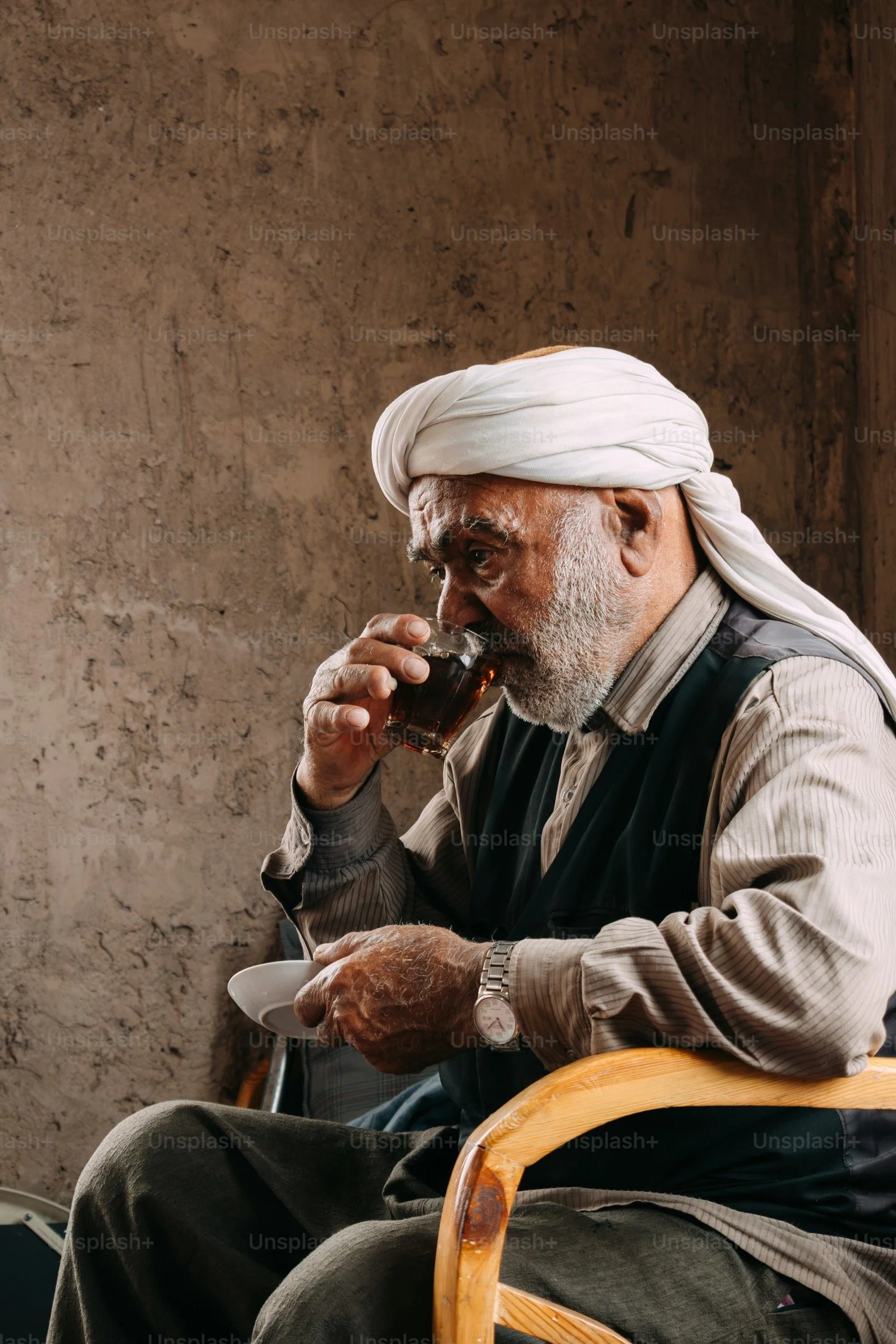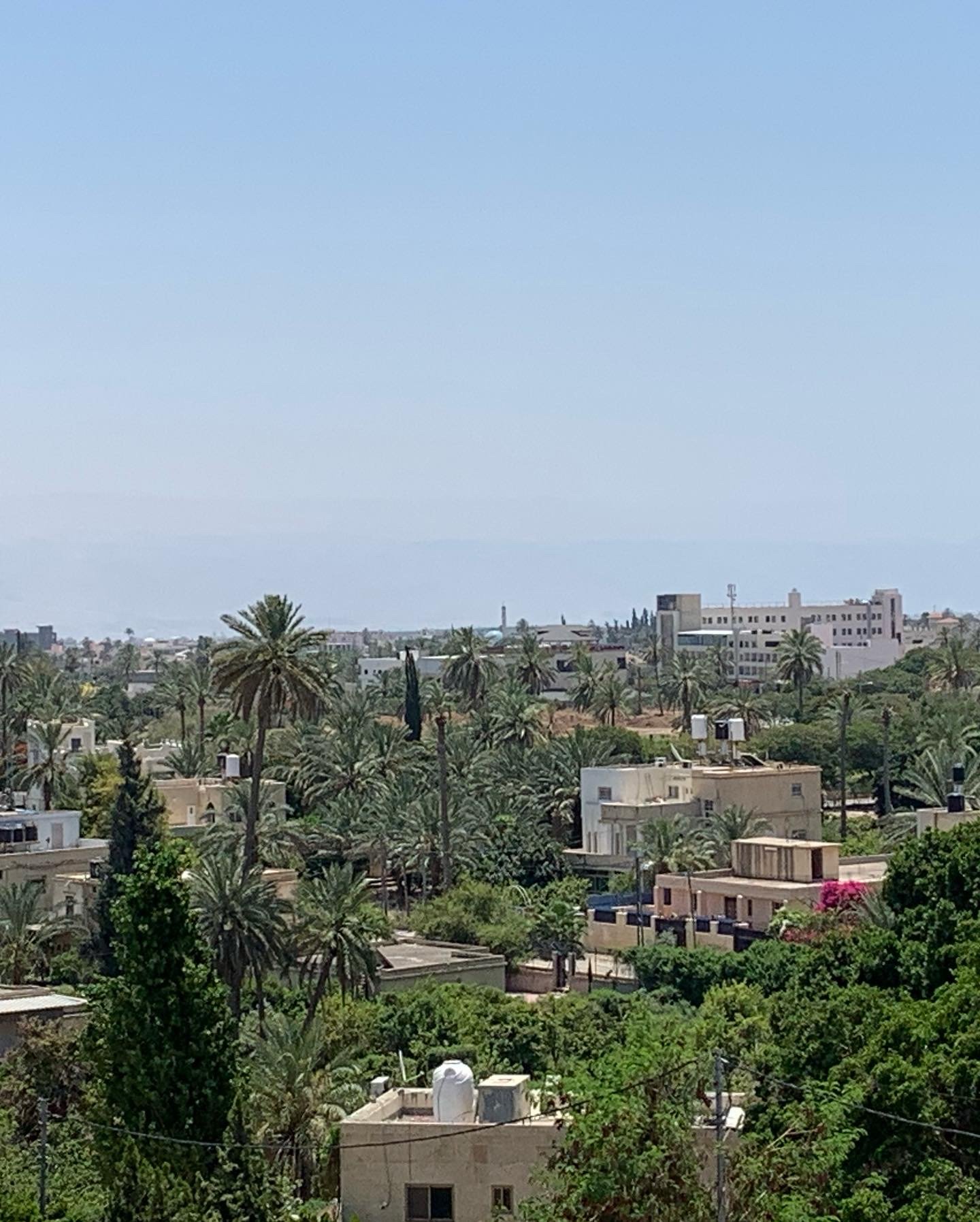Readings for today: Ezekiel 13-16
The graphic imagery from chapter 16 of Ezekiel has grown on me over the years. Whereas I initially struggled to get through this chapter and those like it, I now find it presenting a deeply compelling picture of the gospel. A gospel that was as much for Israel as it is for us today. In this chapter, God describes His journey with His people from His point of view. He reminds them He was there at their birth when no one wanted to claim them. He reminds them of His tender mercies and lovingkindness and the lavish blessings He gave to them. He reminds them of their betrayal of His love and His faithfulness to the everlasting covenant He had made. This is their story. This is our story. This is the gospel story.
Where does our relationship with God begin? Not with us. We did not choose God, He chose us. We were stillborn spiritually. Existentially helpless. Abandoned. All alone. It was not our beauty that caught God’s eye but our desperation. “And as for your birth, on the day you were born your cord was not cut, nor were you washed with water to cleanse you, nor rubbed with salt, nor wrapped in swaddling cloths. No eye pitied you, to do any of these things to you out of compassion for you, but you were cast out on the open field, for you were abhorred, on the day that you were born. "And when I passed by you and saw you wallowing in your blood, I said to you in your blood, 'Live!' I said to you in your blood, 'Live!' (Ezekiel 16:4-6) Out of pure compassion and grace, God adopted us as His own. Brought us into His family. Lifted us out of the pit where we had been cast. Bathed us. Fed us. Clothed us. Rocked us. Sang to us. Raised us. “I made you flourish like a plant of the field. And you grew up and became tall and arrived at full adornment. Your breasts were formed, and your hair had grown; yet you were naked and bare.” (Ezekiel 16:7)
We grew up under God’s watchful eye and gracious care. When the time was right, God took us as His bride. He covered our nakedness with the corner of His garment. He made His vow and covenant with us. He bestowed riches and honor and glory on us as befits the bride of the King of Kings and Lord of Lords. And the whole world marveled at what God had done. The whole world came to see the splendor and glory of Israel just as she came to see the splendor and glory of the church. The whole world envied the relationship we had with our God.
But we grew proud. We began to believe our own hype. We read our own press clippings. We trusted in our riches and beauty and power and influence. We abandoned our covenant with the Lord and began to serve other gods. For Israel, it meant worshipping other gods. Establishing high places where sacrifices could be made to pagan deities. Creating and fashioning idols just like all the other nations. We fall into this same trap as well. We worship the gods of money and sex and power and success. We sacrifice time and talent and treasure and even our families to pursue these things. In either case, God’s bride is now playing the whore. Literally taking the gifts God has given her and giving them away to idols. “How sick is your heart, declares the Lord God, because you did all these things, the deeds of a brazen prostitute...” (Ezekiel 16:30)
Therefore God brings judgment on His bride. “For it is time for judgment to begin at the household of God...” (1 Peter 4:17) God will not spare her and in fact, holds her to a higher standard. Higher than Samaria. Higher than Sodom. Higher than the happy pagans that live around us. “Bear your disgrace, you also, for you have intervened on behalf of your sisters. Because of your sins in which you acted more abominably than they, they are more in the right than you. So be ashamed, you also, and bear your disgrace, for you have made your sisters appear righteous.” (Ezekiel 16:52) God disciplines those He loves out of a desire to see us cleansed from sin and brought to glory. "My child, do not regard lightly the discipline of the Lord, nor be weary when reproved by Him. For the Lord disciplines the one He loves, and chastises every son or daughter whom He receives." (Hebrews 12:5-6) His desire is for His bride to return home. To remain faithful and true. To remember from whence she came and to honor her Divine Husband for all He has done. Why? So the world may again marvel at the intimacy of their relationship. “For what great nation is there that has a god so near to it as the Lord our God is to us, whenever we call upon him?” (Deuteronomy 4:7)
This is why Ezekiel 16 ends with this note of hope. “Yet I will remember my covenant with you in the days of your youth, and I will establish for you an everlasting covenant...I will establish my covenant with you, and you shall know that I am the Lord, that you may remember and be confounded, and never open your mouth again because of your shame, when I atone for you for all that you have done, declares the Lord God." (Ezekiel 16:60, 62-63) God has atoned for His bride. On the cross, He paid for all her sin. He took all her punishment. All her shame. All her self-inflicted degradation on Himself. On the cross, the faithful Husband gave His life for the sake of His bride “so that He might present the church to Himself in splendor, without spot or wrinkle or any such thing, that she might be holy and without blemish.” (Ephesians 5:27)
Readings for tomorrow: None






